Southeast Asian hotels lag in leveraging the “green premium” for sustainable tourism, reveals PHIST, the region’s largest sustainability forum.
PHUKET, THAILAND – Hotels and resorts around Southeast Asia are failing to understand the “green premium” and how to leverage it to attract quality guests, according to leading figures in the region’s hospitality industry.
The message that hotels and resorts are falling behind counterparts in other parts of the globe when it comes to capitalizing on the benefits associated with sustainable tourism was one of the major takeaways from PHIST (Phuket Hotels for Islands Sustaining Tourism), Southeast Asia’s largest sustainability forum, held this week at SAii Laguna where over 1,000 participants gathered.
“Hotel developers in Southeast Asia have broadly failed to make sustainably a must as they do in Europe or North America. It’s a massive disconnect,” said Bill Barnett, managing director of hospitality and real estate advisory group C9 Hotelworks, co-organiser of PHIST, together with Greenview and Phuket Hotels Association.
Other expert speakers at PHIST included star designer Bill Bensley and KP Ho, the founder and executive chairman of Banyan Tree Holdings and Laguna Resorts and Hotels—who urged resort owners to become more cognizant of the wider benefits associated with sustainable tourism.
By pioneering green or mindful practices ranging from waste management and energy conservation to farm-to-fork dining, sourcing organic produce from local farmers, and better community engagement, resorts can streamline costs and build goodwill. In doing so, they can also enhance their appeal to clients who place a premium value on experiences that are ethical, sustainable, and — perhaps most importantly—unique.
Jesper Palmqvist, STR Global’s Area Director for Asia Pacific, hosted a roundtable at PHIST where figures from top resort names such as Six Senses and Soneva discussed environmental best practices moving forward. He agreed that the hospitality industry in Southeast Asia needs to be more proactive about enacting meaningful changes.
“It’s important that the industry develops green champions, best practice documents and training modules that can be modified by hotels,” he said. “Furthermore, hotels need to be pressured into fulfilling international sustainability certification. This would show more ambition to adopt new criteria relating to the environment and thus stay ahead of the curve.”
Other discussions about ways to seize the opportunities afforded by sustainable tourism were to the fore as some of the biggest names in the region’s hospitality sector gathered for PHIST.
KP Ho was instrumental in the transformation of Laguna Phuket from a barren moonscape of scarred land—abandoned by the tin mining industry and declared as uninhabitable by the UN—into Southeast Asia’s leading integrated resort development.
Bill Bensley has helped curate some of Asia’s most charismatic sustainable tourism experiences. His Shinta Mani Wild in Cambodia, for example, offers luxury, tented accommodation while using funds to preserve its surrounding private nature sanctuary from poaching, mining, and logging.
The “green premium” and how to sway it was just one of many topics up for discussion at this year’s PHIST, which featured 16 interactive workshops and over 30 exhibitors.
Workshop discussion covered issues such as the circular sustainable economy, green hotel loans, and start-up funds, glamping, farm-to-table cuisine, environmental hospitality design, data, and measurement, greentech innovation, marketing sustainable hotels, water conservation, sustainable wellness and more.
Directly preceding PHIST, outdoor lodging practitioners gathered and agreed upon the formation of the Asia Pacific Outdoor Lodging Association (APOLA), a trade body set up to guide, promote and structure the development of the outdoor lodging sector in the region as it expands.
APOLA’s mission will be to help define the standards for the region, raise awareness, develop an accounting system for project financing and educate the industry about the advantages of this lower impact, sustainable hospitality model.
George, in his capacity as an intern, diligently oversees the flow of news, assists in the publication of content, and delves into the strategies of social media distribution. He is currently pursuing his studies in Business Administration at the Athens University of Economics and Business.
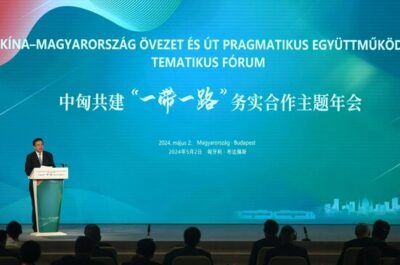


















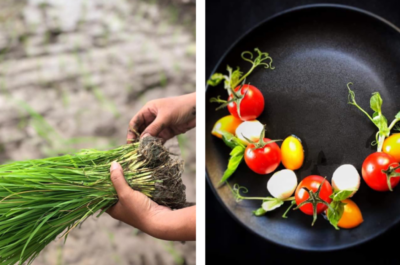





















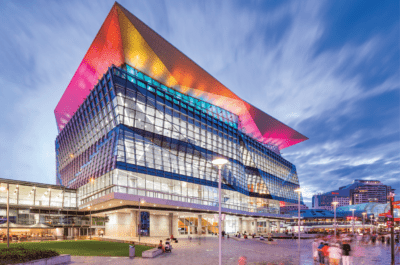



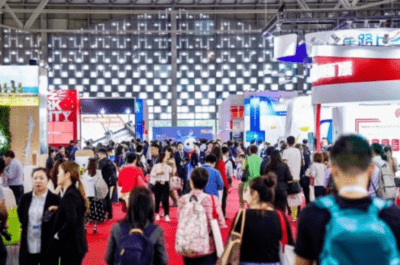


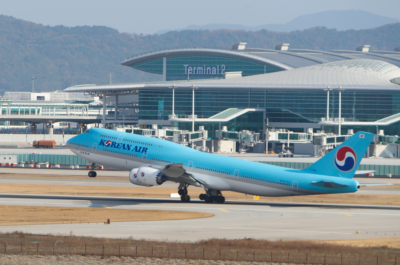















![[PR] PR_Ascott and Vimut Hospital_2024](https://www.traveldailynews.asia/wp-content/uploads/2024/04/PR-PR_Ascott-and-Vimut-Hospital_2024-400x265.jpg)







